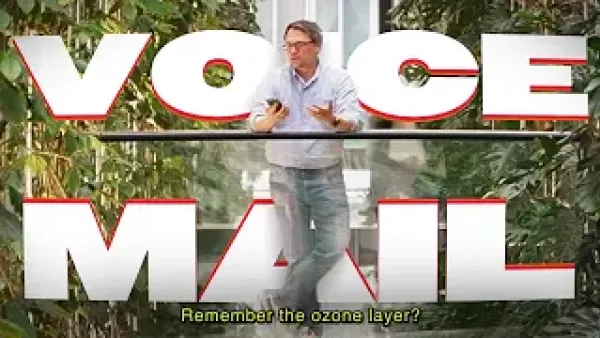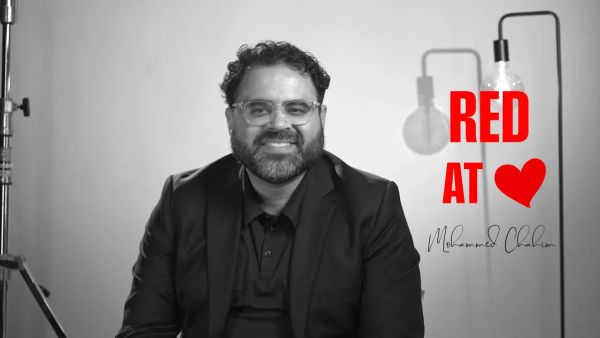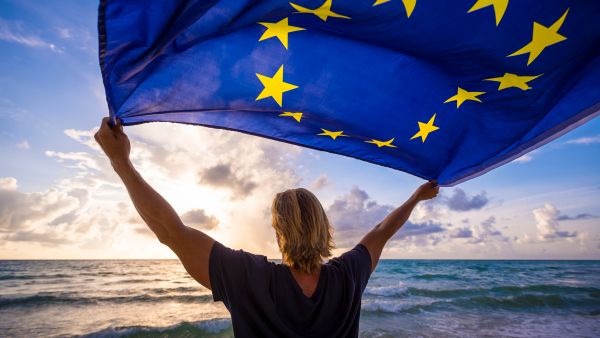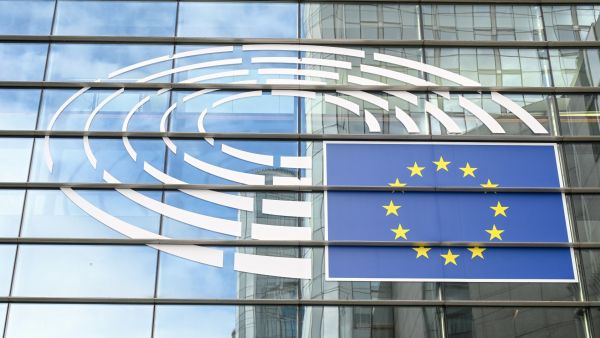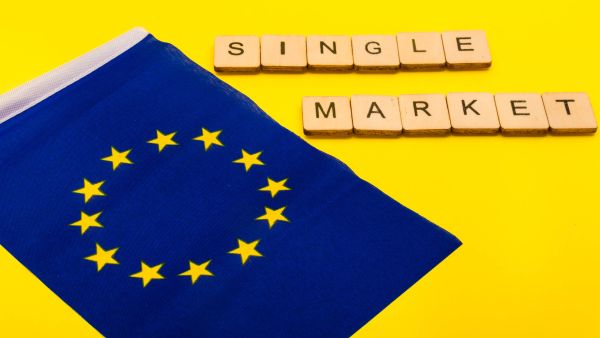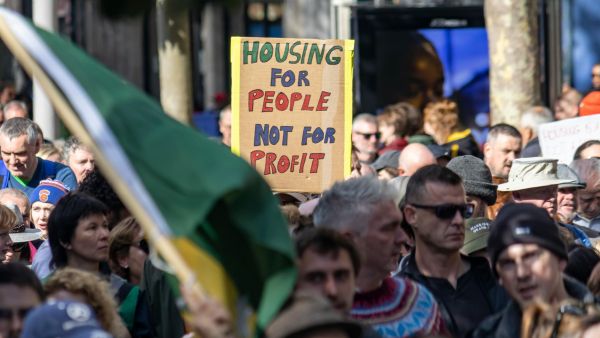The Socialists and Democrats in the environment and health committee in the European Parliament today voted on a resolution to phase out glyphosate within three years. This substance is the most extensively used herbicide in the world and it is potentially carcinogenic and has hormone-disrupting consequences, according to the World Health Organisation.
Currently, 76% of glyphosate use worldwide is in agriculture, but it is also widely used in forestry, gardens and city parks. Glyphosate and its residues have been detected in water, soil, food and drinks, and non-comestible goods, as well as in human urine.
S&D spokesperson on health and the environment, Miriam Dalli MEP, said:
“Glyphosate is a matter of concern for us all, who believe that public health is a major priority. Conflicting evidence on the effects of glyphosate coupled also with serious allegations of industry influence enhance our resolve to work harder for this substance to be replaced by less harmful pesticides. This Parliament has already asked the Commission to act on this issue and we will stick to our position all the way through.
“Today we didn’t get into the controversy on whether Monsanto, the multinational which developed glyphosate, influenced legislation through intense lobbying. Today we looked for a pragmatic solution to protect our citizens’ health. We need impartial and independent scientific reports by our EU agencies to help us take political decisions based on objective evidence and conclusions without any shade of doubt over their veracity. The Monsanto Papers scandal puts the conclusions the EU agencies arrived at in serious jeopardy and this undermines the credibility of our agencies. A situation which is totally unacceptable."
Pavel Poc MEP, the S&D spokesperson on this file, added:
“We could not call for a total ban right away, because right now glyphosate is so prevalent that a complete ban would create uncertainty for EU farmers. We have to give them time to adapt. So we accept a three-year renewal of the licence.
“However, we also call for the immediate ban of glyphosate for non-professional uses and uses in public parks, gardens and playgrounds. The three-year timeframe chosen corresponds to the Common Agriculture Policy (CAP) reform after 2020.”
Related content
Find out more

